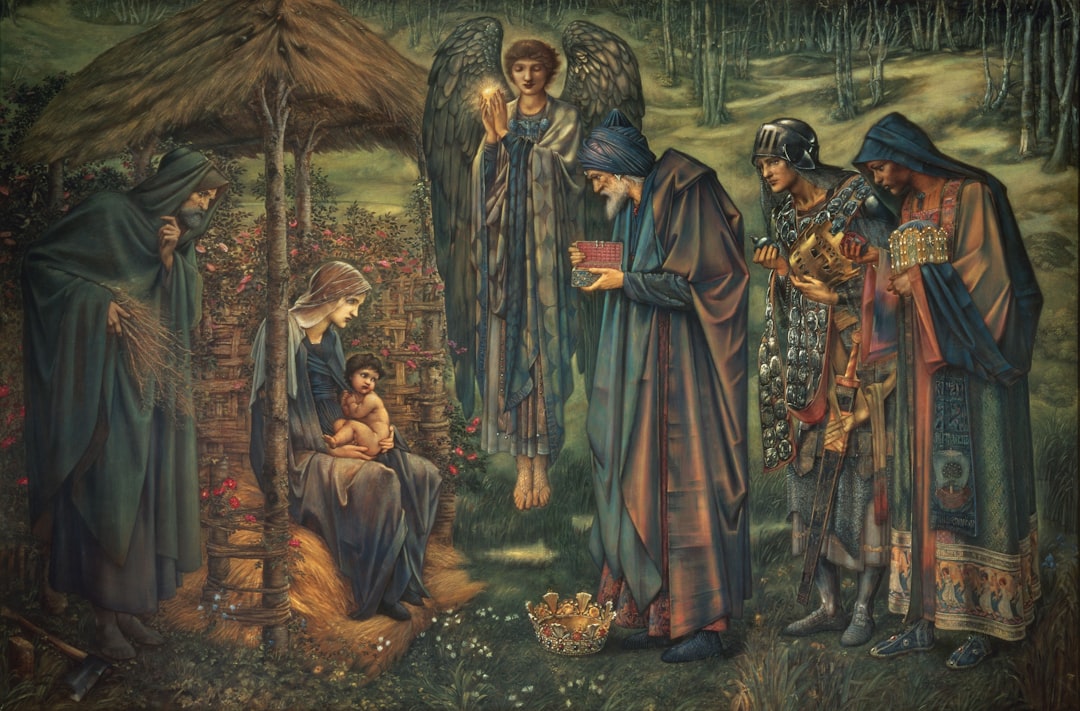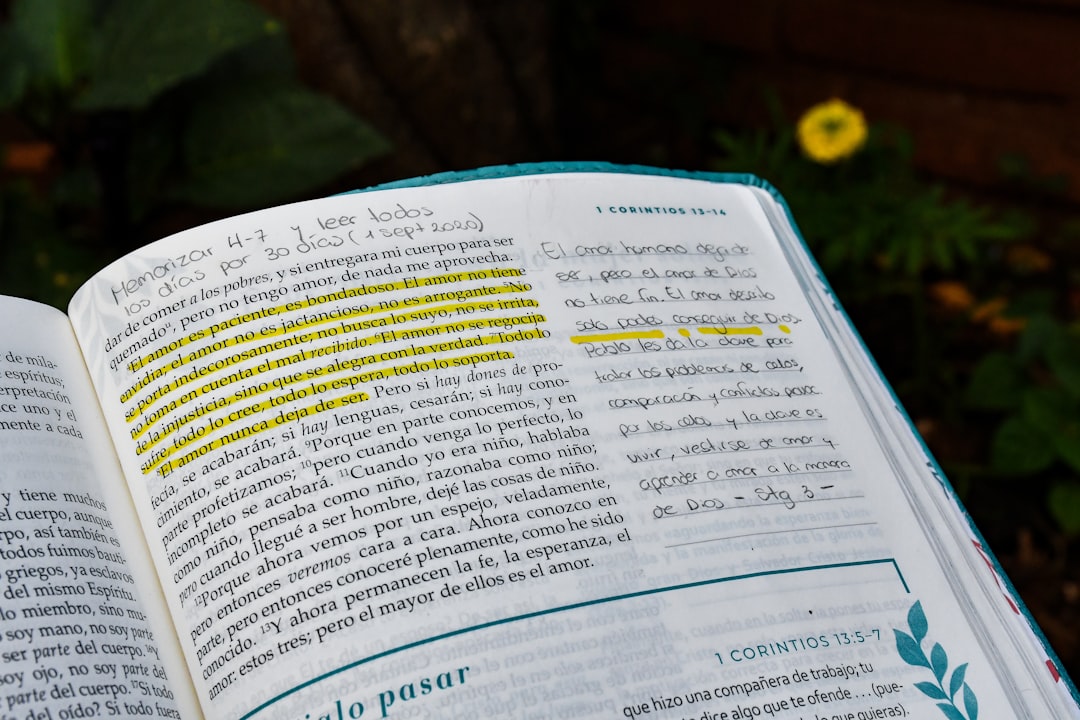What is it about?
In a recent (2005) edited volume not one chapter or section was dedicated to the call of God as a soteriological category. Indeed there appeared to be only three sentences dedicated to the topic in the whole volume. The scant reference to the call of God in this volume and in others reflects its humble position in the strata of concepts related to salvation. By examining the soteriological use of kaleō by various NT writers this article draws the following conclusions: (1) kaleō language is an important concept in the soteriologies of Paul, Luke, 1&2 Peter, James, Jude and the writer to the Hebrews; (2) although there are contrasts, there are a number of points of comparison in the soteriological use of kaleō by the NT writers. Crucial to this common understanding is the association of kaleō language with the OT covenants, election, motivation for transformation, and community; (3) as a result of this prominent and consistent usage by Paul and Luke, the language of kaleō deserves a higher place in the Christian understanding of salvation.
Featured Image
Why is it important?
A greater appreciation of salvation as "call" has implications for Christian life and practice.
Read the Original
This page is a summary of: The Soteriological Use of “Call” in the New Testament: An Undervalued Category?, Biblical Theology Bulletin Journal of Bible and Culture, July 2016, SAGE Publications,
DOI: 10.1177/0146107916655290.
You can read the full text:
Contributors
The following have contributed to this page










